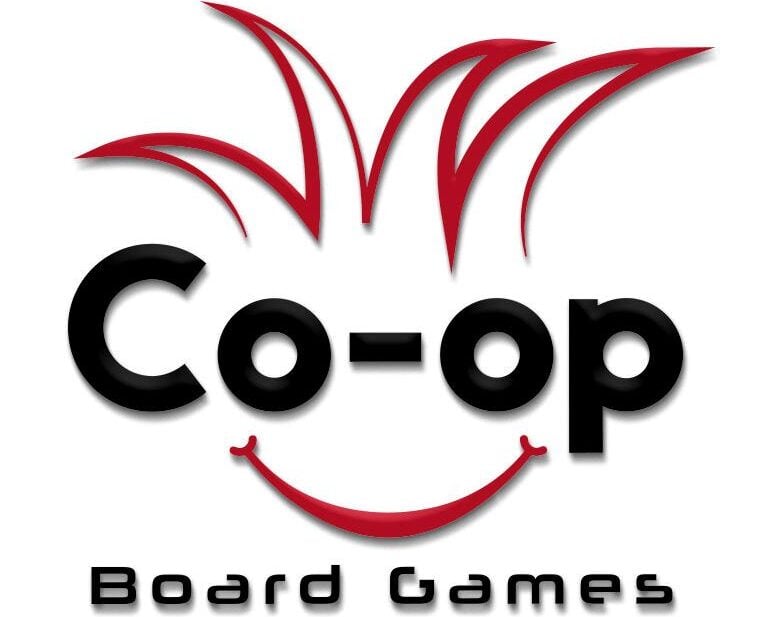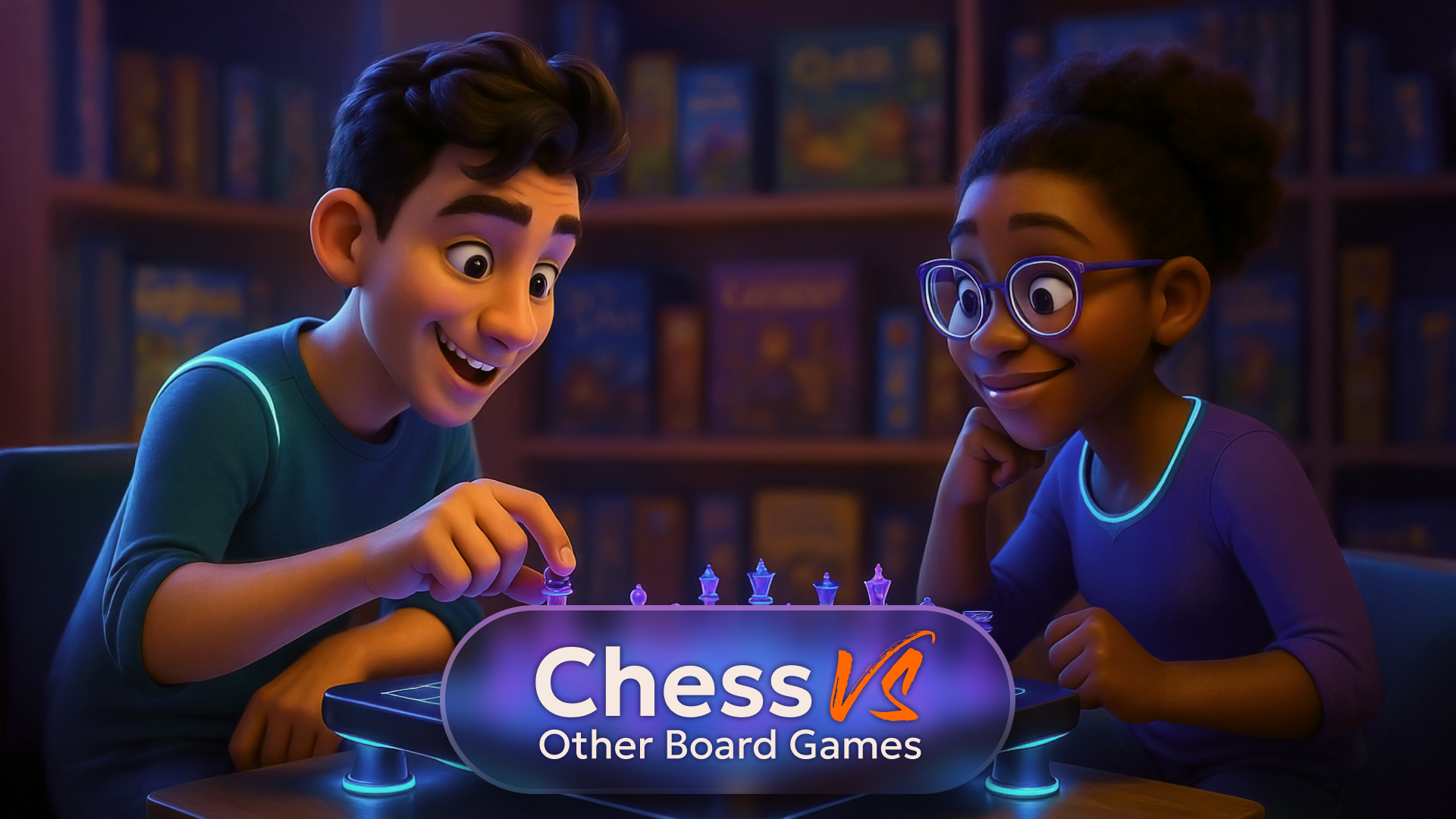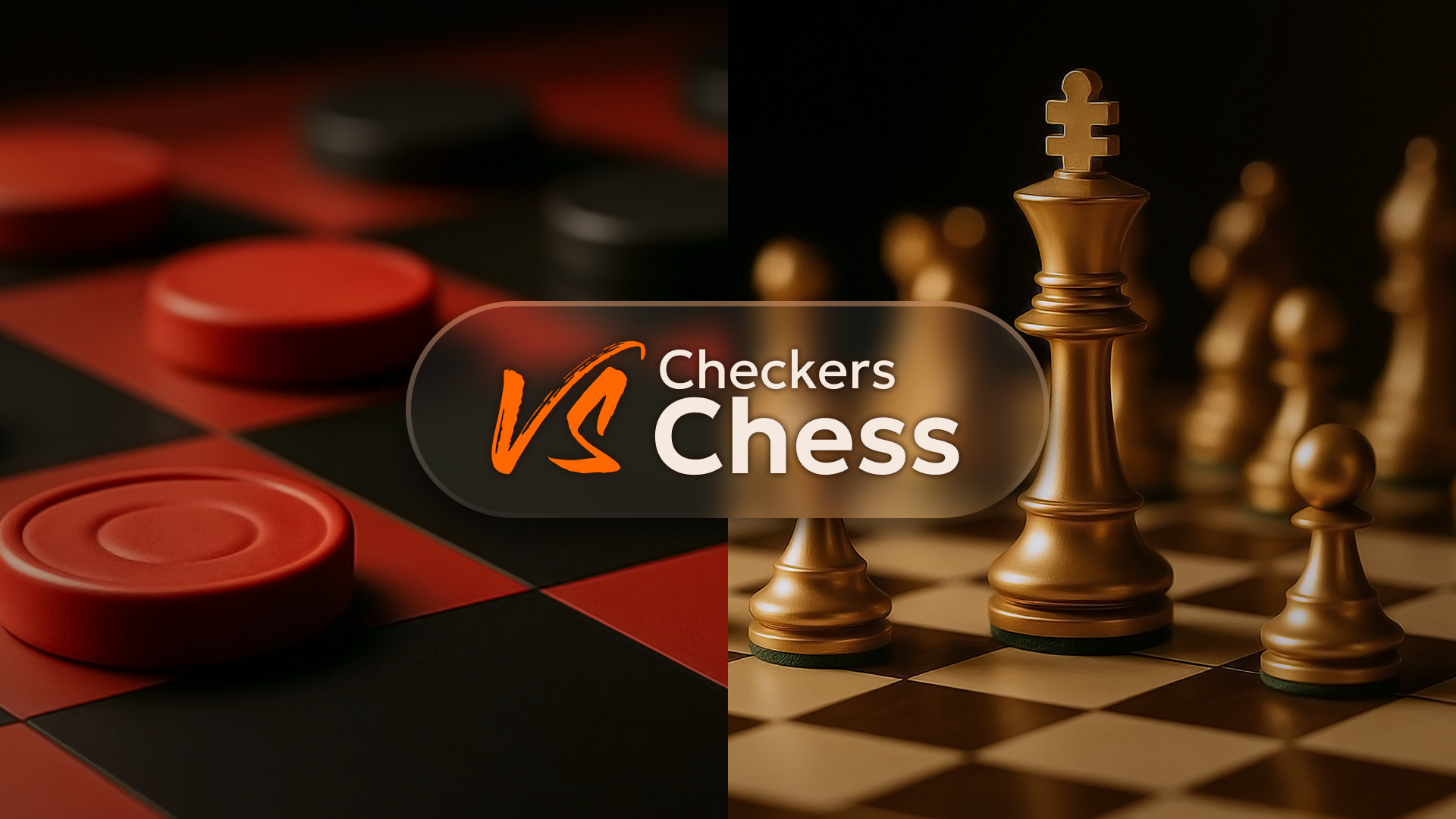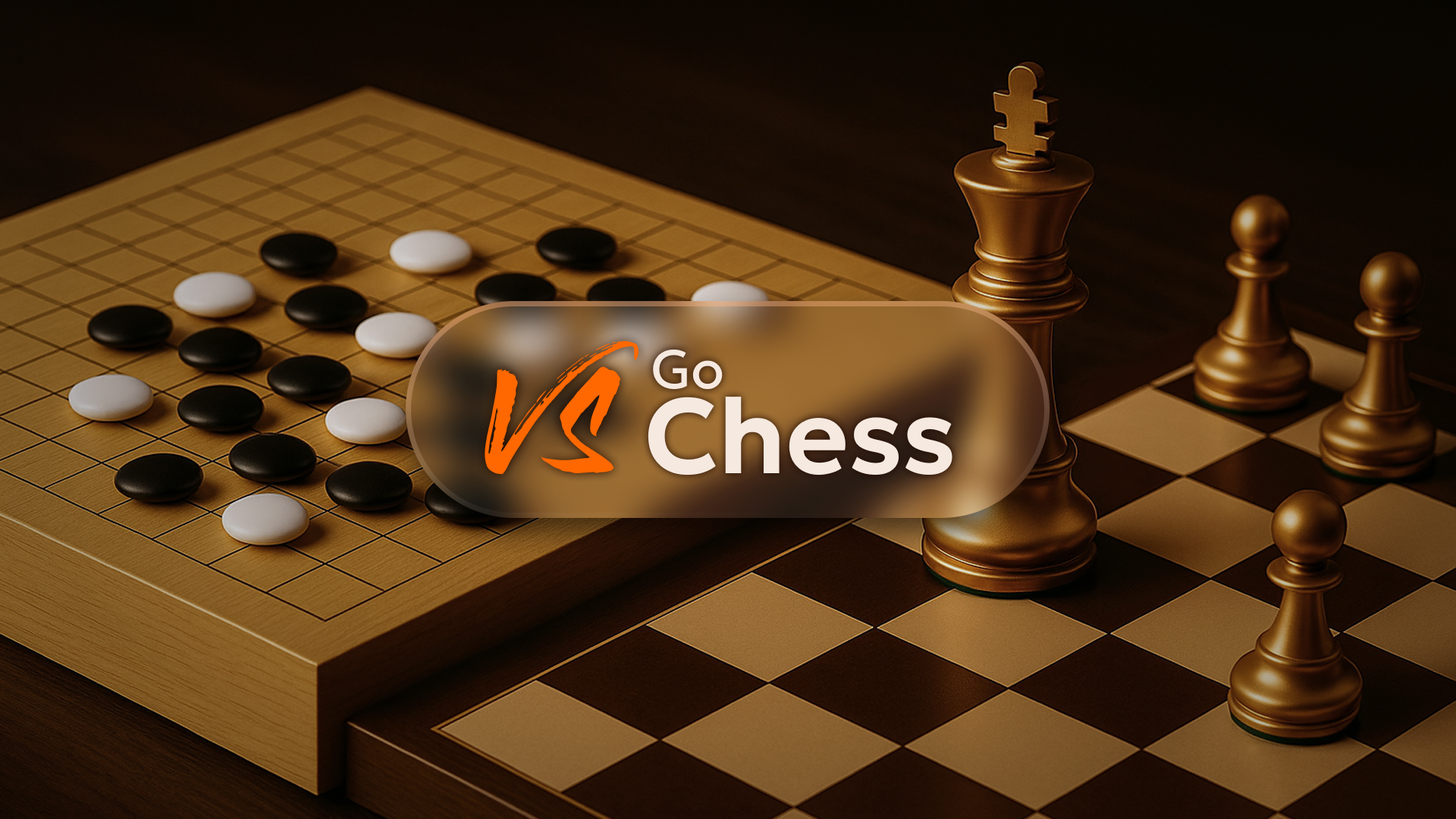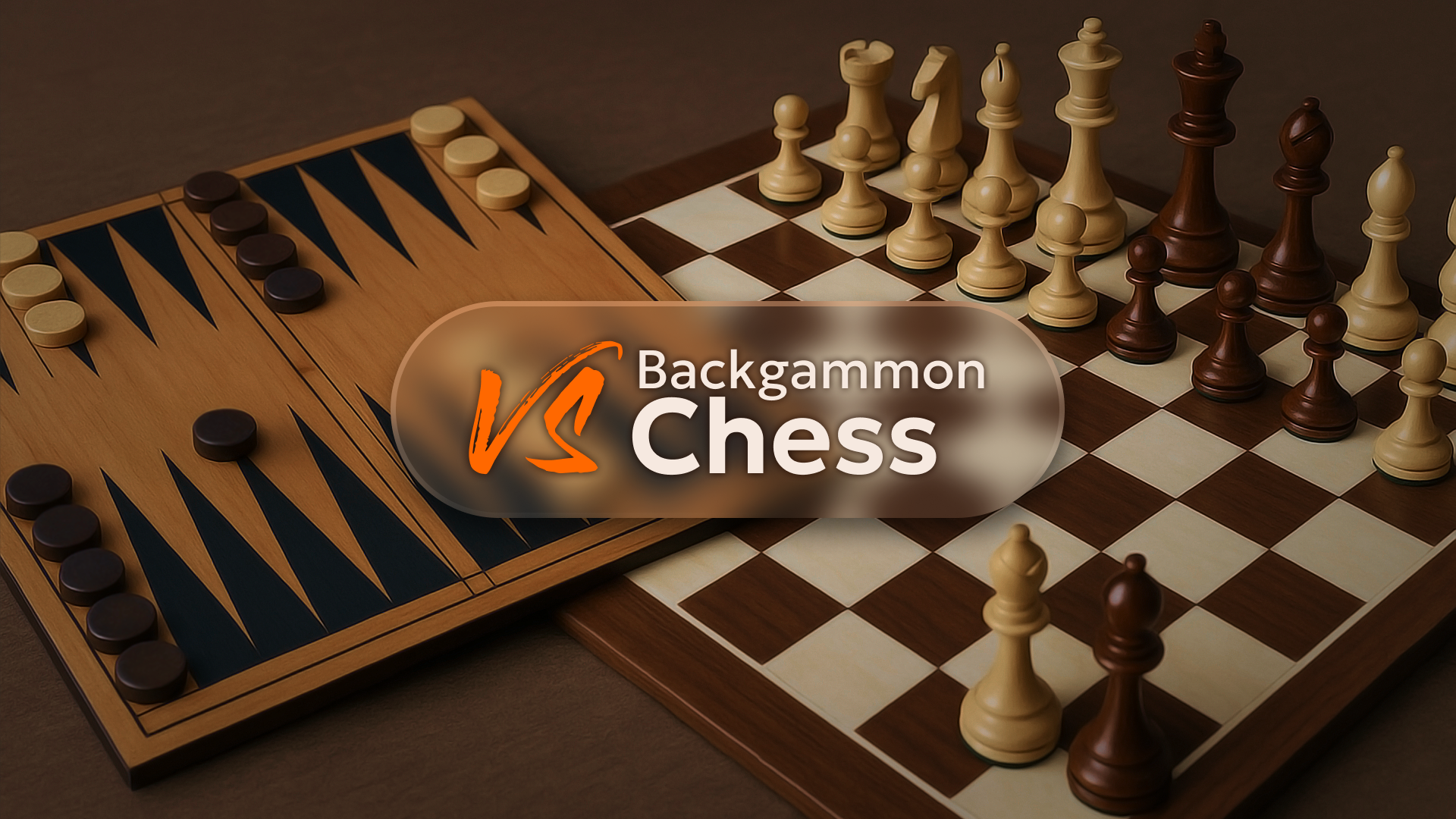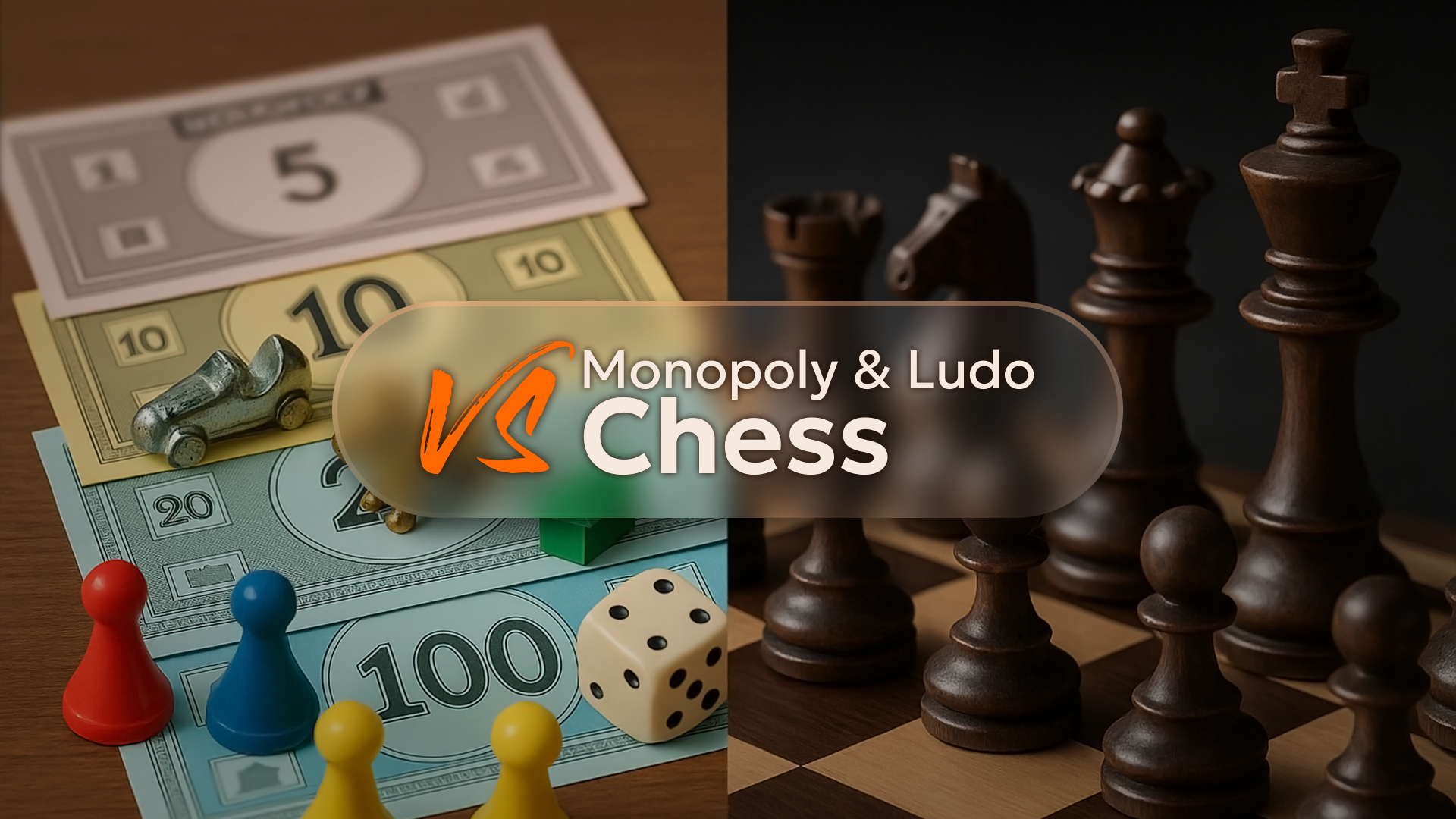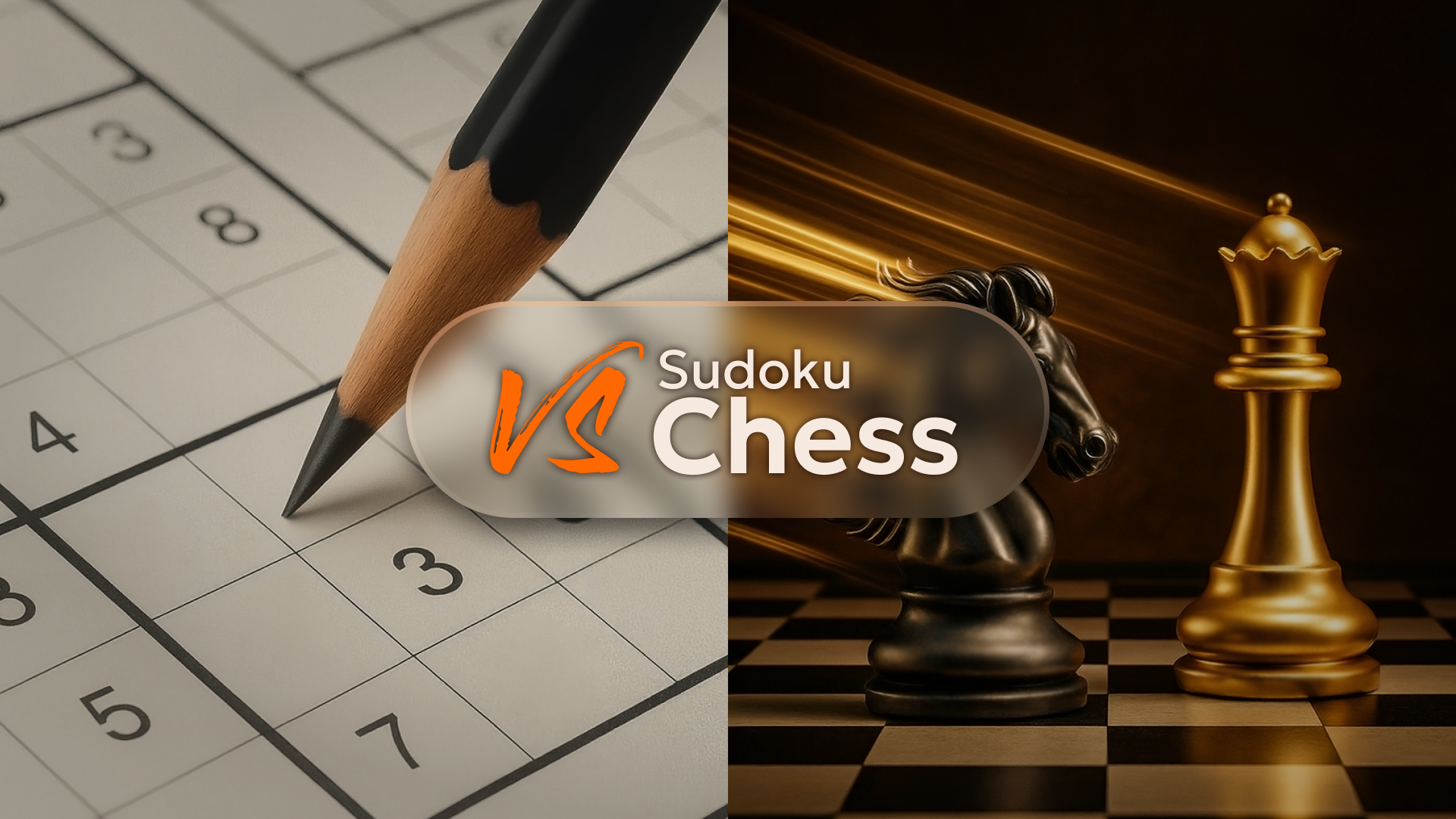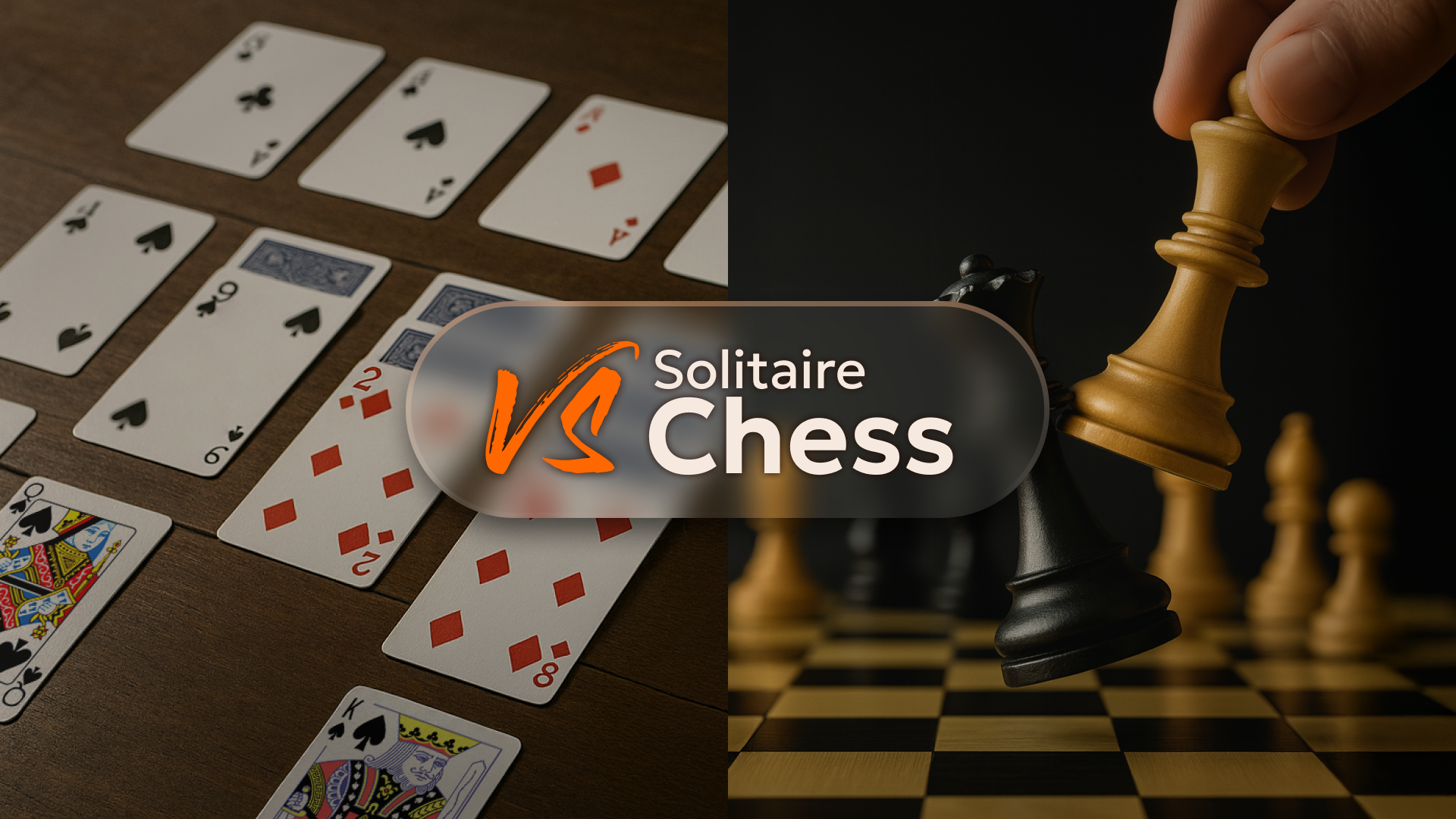Chess vs. Other Board Games: What Makes Chess Unique
Chess vs. Other Board Games is one of the most frequently discussed topics among board game players, with many debating which one is better. Chess players often claim that it’s the best among others.
When you put chess next to other board games, including Board Games, it is easy to say that chess is in a class of its own. Most other board games are designed primarily for fun and collaboration, but when someone plays chess seriously, it’s more like a sports match where the player focuses entirely on winning.
Chess vs. Other Board Games: A Strategic Overview
Chess is a strategy game with simple rules but unparalleled complexity. Here’s what sets it apart from other board games:
- No randomness: Unlike dice-based games, every outcome is determined by player skill.
- Piece diversity: Six types of pieces with distinct movements allow a combination of tactics and strategy.
- Global recognition: Chess tournaments, FIDE rankings, and online platforms have made it a worldwide sport.
An expert chess analyst once noted, “Chess is a pure reflection of the mind at work; unlike other games, there is no luck to compensate for poor decisions.”
There is always room for improvement in chess, unlike other board games. Beginners can benefit greatly from learning chess strategy for beginners, exploring basic chess strategies, studying popular openings, and mastering essential checkmate patterns.
Checkers vs Chess: Tactical vs Strategic
Checkers is often seen as a simpler cousin of chess. Both use an 8×8 board, but the similarities mostly end there.
- Uniform pieces: Checkers uses identical pieces with limited movement.
- Quicker game play: Games take less time and tend to be concluded within 20–30 minutes.
- Tactical emphasis: There is strategy involved, but the level of planning is much less than in chess.
One board game player had said, “Checkers is a sprint, while chess is a long marathon with surprises.” Chess is regarded as superior to Checkers because it entails a more profound strategy. Every chess piece has a unique function, resulting in different tactics and combinations that do not exist in Checkers.
Go vs Chess: The Dance of Territory vs The Duel of Minds
Go, with its origins in East Asia, is a masterclass in strategic simplicity. Its rules are easy, yet the game is infinitely complex due to the size of the board and the possibilities.
Comparisons of Go vs Chess:
- Objective: Go is all about winning the area, whereas chess is about checkmating your opponent.
- Depth of decision: Both need to think ahead, but chess involves tactical themes such as pins, forks, and skewers.
- Cultural penetration: Go is extremely popular in East Asia, yet chess reigns worldwide.
A professional player commented, “Go is all about flow and area, chess is all about tactical accuracy and strategic warfare.” Today, anyone can play chess online for free, allowing players worldwide to test their strategic skills and experience the depth of chess anytime, anywhere.
Backgammon vs Chess: The Clash of Chance and Strategy
Backgammon introduces a fascinating element of chance through dice rolls. This makes it exciting for casual play but less predictable as a competitive game.
- Skill-luck balance: Backgammon requires probability assessment, but it also allows luck to influence the results.
- Chess’s advantage: Every result depends entirely on decision-making and strategic understanding.
One gaming historian observed, “Backgammon teaches risk management, but chess teaches planning under total control. The two games appeal to different kinds of intellect.”
Monopoly and Ludo vs Chess: Fun vs Competition
When discussing Monopoly vs Chess or Ludo vs Chess, the distinction is even sharper. These games prioritize social interaction, family fun, and chance. Dice rolls often dictate outcomes, making skill secondary.
Key points:
- Casual and accessible, anyone can play within minutes.
- Heavy reliance on luck rather than skill.
- Designed for entertainment rather than competitive achievement.
Chess, in contrast, has no random elements, and success reflects mental ability. Its tournaments, rankings, and professional community elevate it above most social board games. The other amazing fact about chess is that there is also the best age to learn chess, which is not for Monopoly.
Chess vs Sudoku: Skills vs Strategy
Sudoku is a number puzzle rather than a board game, but many compare its logic to chess.
- Deterministic: Like chess, Sudoku has no randomness.
- Static vs dynamic: Sudoku puzzles are fixed challenges with one solution, while chess games are dynamic, with endless variations.
- Skill type: Sudoku improves pattern recognition and logic, while chess develops memory, calculation, creativity, and long-term planning.
In short, Sudoku is like solving a riddle, but chess is like entering a battle where your opponent also fights back.
Chess vs Freecell Solitaire: Competitive vs Solo
Freecell Solitaire, a card-based game, also has no randomness once the cards are dealt, since nearly every deal is solvable.
- Solo vs competitive: Freecell is a single-player challenge, while chess is a two-player battle of minds.
- Problem-solving: Freecell trains logical sequencing and planning.
- Depth: While Freecell ends once a game is solved, chess remains open-ended with countless strategies.
Freecell is satisfying for individual problem-solving, but chess is thrilling because it involves a living, thinking opponent.
What Makes Chess Truly Unique?
Chess stands out among board games for several reasons. It’s all about strategy, with no luck involved, giving players full control over the game. Chess has endless possibilities despite having only a few pieces, which makes it really complex.
It’s respected and played all around the world, and it helps improve skills like memory, planning, and problem-solving. Numerous tournaments and rankings recognize competitive players.
Why Chess Continues to Thrive?
Chess has also continued to hold its allure over the years, attracting new members through platforms such as Chess.com and Chess.game, as well as cultural events like The Queen’s Gambit. Chess stays interesting, unlike some other board games. People enjoy it for both serious competition and just for fun.
- Easy to learn, yet provides endless possibilities for strategy and improvement.
- Attracts a wide range of players, from casual to serious competitors.
- Distinct from checkers, which is straightforward but lacks depth.
- More complex than Go, which, while elegant, isn’t as widely recognised.
- Unlike backgammon, chess emphasizes skill over luck, making every move significant.
- Offers a rich resource of beginner chess books for those looking to enhance their skills.
FAQs
Why is chess different from other board games?
Chess is special since it uses only skill and not chance. The players must think critically and strategize to win. It is familiar across the globe and has profound strategic dimensions, so every game is a rich and difficult task.
Is chess more difficult than Go or Checkers?
Chess is challenging, but Go tends to be even more strategically deep. Go combines different tactics, making it simpler for beginners. Checkers is easier and usually less complicated than chess and Go.
Why is chess a sport?
Chess qualifies as a sport because it involves competition and skill. There are official tournaments and ranking tables, just like traditional sports, where one can compete against other players and develop their skills.
